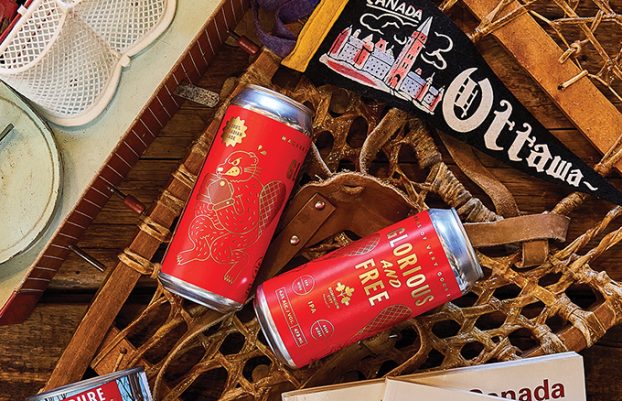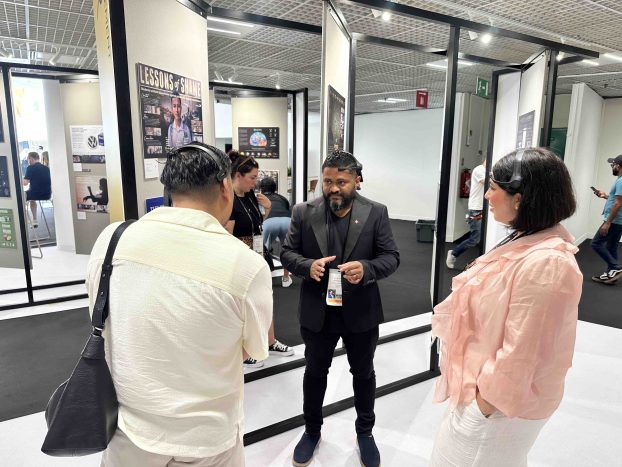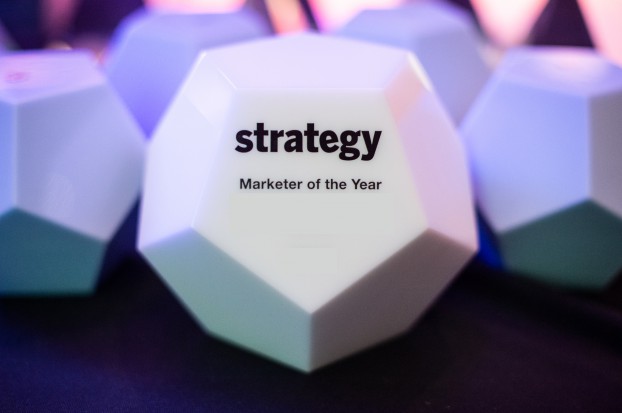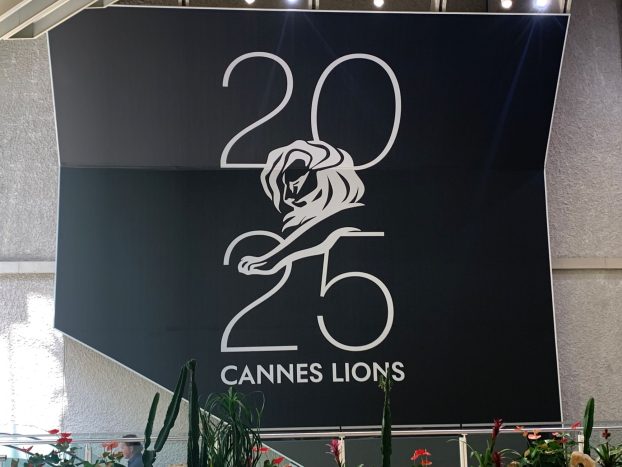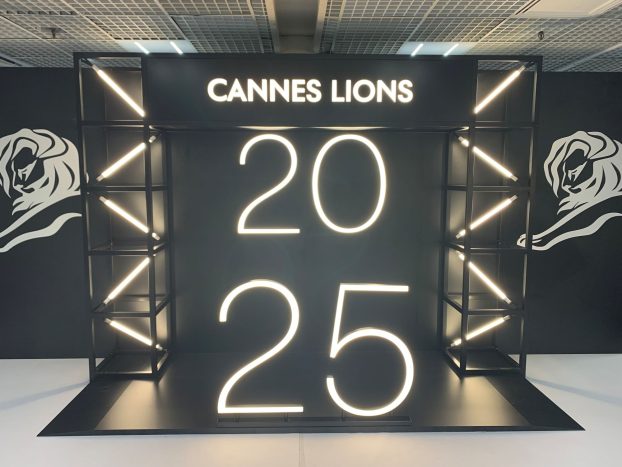It’s the world’s oldest drink but you wouldn’t know it the way Pepsi-Cola Canada is keeping so hushed about Aquafina – its recent entry into this country’s bottled water market.
The beverage giant, which quietly introduced Aquafina to Atlantic Canada in March, isn’t saying too much about future plans for its new bottled water in this country.
‘Things are going as planned,’ says Jeff Lobb, vice-president of consumer development for Pepsi.
The water, which is available only in 600 mL bottles for now, was rolled out in Quebec in June and will enter the Toronto market ‘sooner rather than later,’ according to Lobb.
The secrecy surrounding a product launch is not unusual in the high-stakes game of national beverage marketing, particularly when discussing a product that has so little to distinguish itself in the taste department.
Yet, if beverage marketing had a high school yearbook, bottled water would be voted most likely to succeed. It’s quite simply showing the greatest potential in the beverage market with volume growth last year of 12%, according to latest figures from ACNielsen.
While Pepsi was busy introducing Aquafina to Canada and the u.s., Coke announced its intention to purchase bottled water company Naya from Mirabel, Que.-based Nora for $161-million.
Atlanta-based Coke had already been responsible for distribution of half of Naya’s volume internationally.
The market is certain to heat up as Evian, Naya and now Aquafina try to muscle in nationally on what is traditionally a local marketing scene.
‘It’s going to make it more difficult for the local purveyors,’ says analyst Michael Palmer of Equity Research Associates in Toronto.
Palmer says there’s definitely enough volume out there for the national companies, but the small players may find it a struggle to keep up.
Determining which companies are big players and which are small is a struggle in itself.
Crystal Springs, the Ontario-sourced brand that sells all sizes, including 18-litre bottles delivered direct to home or office, is considered a local brand. Yet it’s owned by Toronto-based Aqua Terra, which also owns Labrador, Quebec’s version of Crystal Springs.
Aqua Terra is a sister company of Great Brands of Europe (also in Toronto), the company responsible for Evian and Volvic.
All of this is ultimately managed by parent company Group Danone of Paris.
Despite its ties to multinationals, Crystal Springs isn’t a Pepsi or a Coke, and it’s watching the giants closely.
‘Obviously, Pepsi and Coke are forces to be reckoned with,’ says Shelley Shepherd, director of marketing for Crystal Springs, adding the top two beverage companies’ distribution networks are what makes them so properous.
However, she says that it is still not clear how much Pepsi is going to invest into marketing Aquafina.
A smaller local bottler, Oshawa, Ont.-based St. Anne’s, is keeping its cards close to its chest with regards to the infiltration of the multinationals into the province.
Principal Jim Abernethy won’t reveal anything about his company’s advertising or marketing strategies, except to say that future growth is most likely outside of Canada. The u.s. is a particularly lucrative market because, for most of that country, the summer is longer, says Abernathy.
With the tag line ‘As pure as can be,’ Pepsi is focusing on Aquafina’s purity factor – the same strategy that has made Evian the No. 1 player across the globe, with volume sales of 1.4 billion litres worldwide, according to company figures.
Unlike Evian, which is sourced from the town of the same name in France, Aquafina will be tapped locally in each region.
So Aquafina in Atlantic Canada will not be the same as Aquafina in Quebec, although it will have to pass strict purity tests, according to Pepsi’s Lobb.
However, Aquafina will be sold at a price point below Evian.
Teresa Manley, brand marketing manager for the well-known bottled water company says she doesn’t expect Pepsi’s water to take any business away from Evian.
‘People look to a brand that suits them,’ she says, adding that Evian buyers are not concerned with such trifles as cost.
‘Our consumer is premium-disposed and seeks the best.’
Manley says that Evian had anticipated Pepsi’s foray into the bottled water category and adds that only good can come from it. Evian spokesperson Michael Neuwirth agrees.
‘Our perspective has been that the category is under-represented,’ he says. ‘We welcome it.’
Per capita consumption of bottled water in Canada is 18 litres – a long way from the 40 litres per capita rate in the u.s., and not even in the same league as France’s per capita consumption of 100 litres, according to figures supplied by Evian.
‘There is significant room for growth,’ says Neuwirth.




